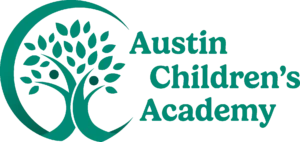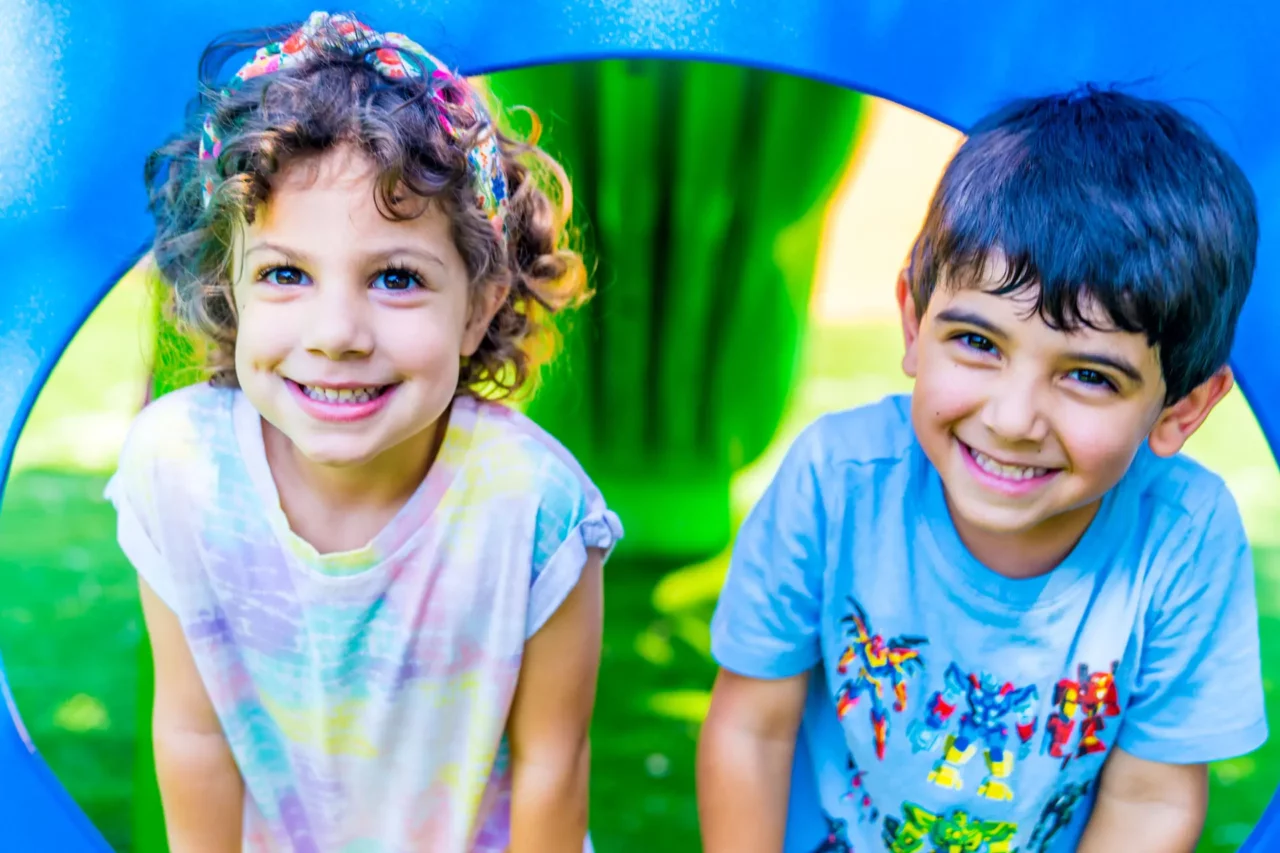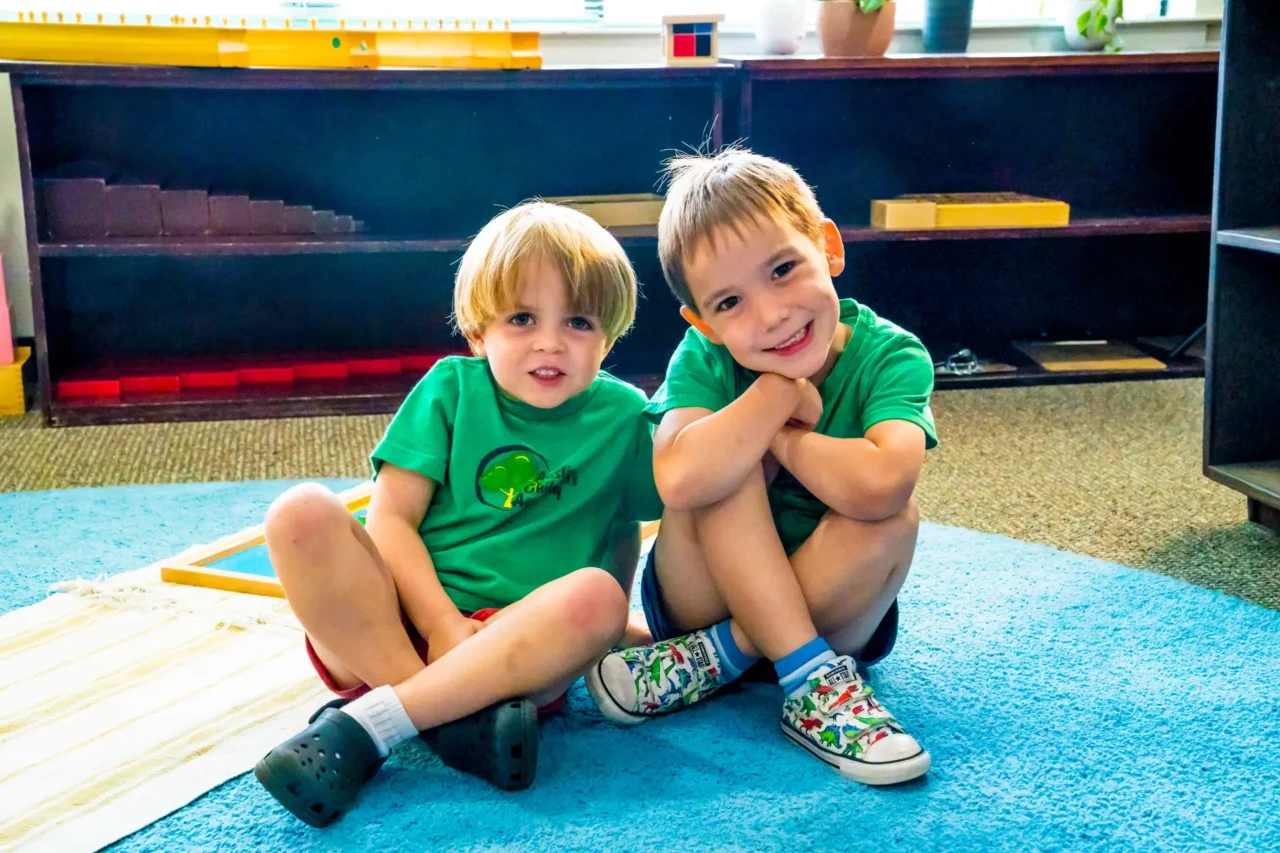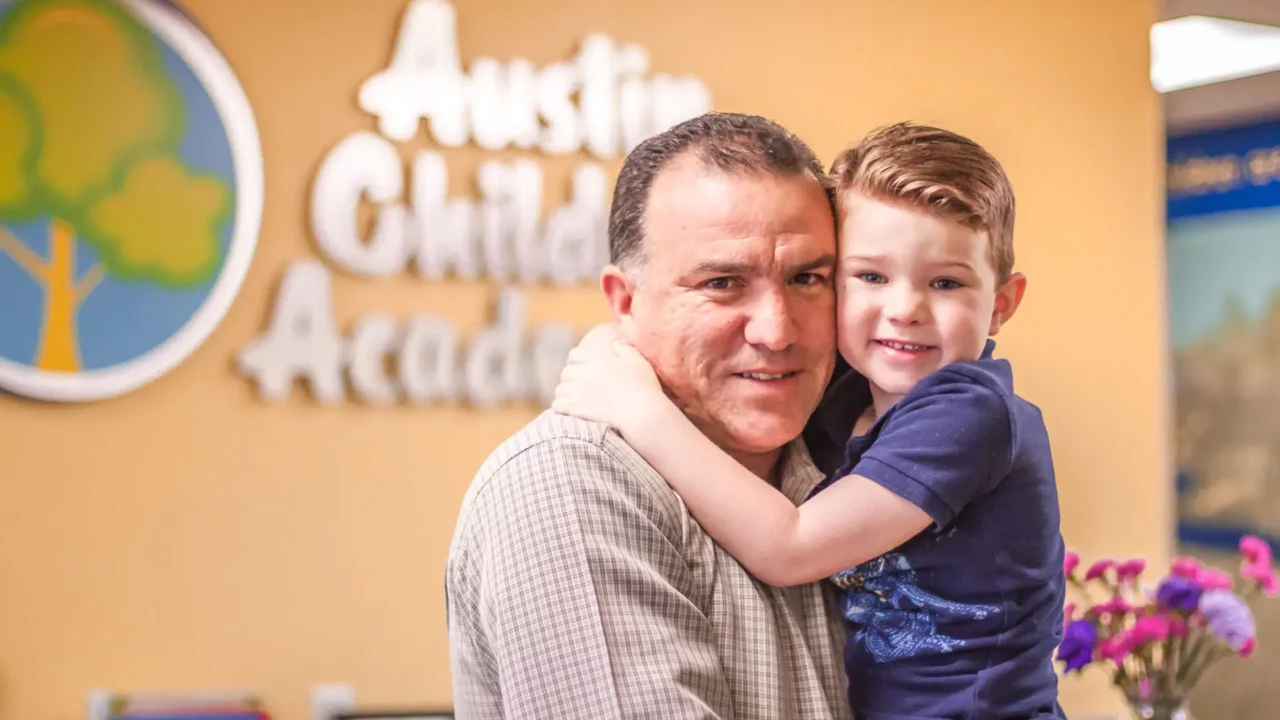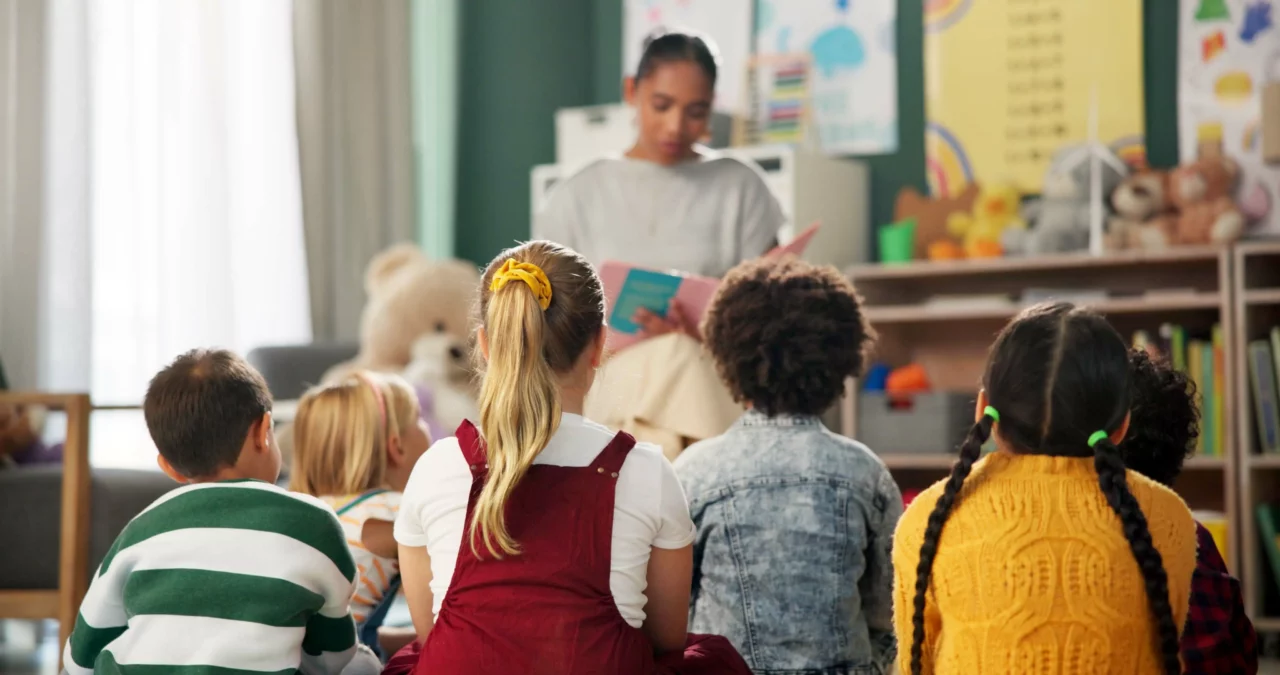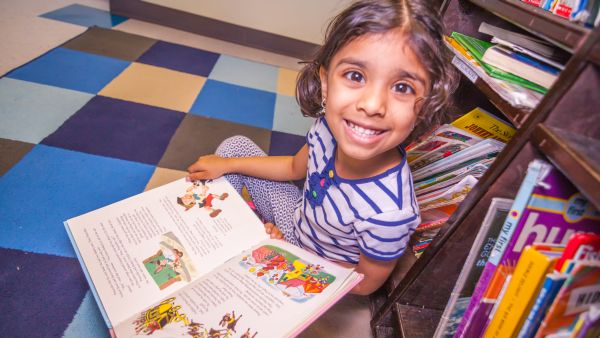
While you’re watching your toddler poke a chubby finger up her own nose as she pushes another toddler out of the sandbox, teaching social graces may be the last thing on your mind. But manners, according to Emily Post, are nothing more than “a sensitive awareness of the feelings of others.” Teaching a child to use the words “please” and “thank-you” is the first step toward raising awareness that the feelings of others matter.
Beyond Please And Thank You
Along with learning to say “please” when asking for something and “thank you” when receiving it, a toddler with rudimentary language skills should be able to greet people with “hello” and send them off with “good-bye.” They may not yet understand why they’re expected to do these things, but by starting early they will develop the welcome habit. Toddlers can also be taught not to burst through doors, but to knock and wait for permission before entering instead. And rather than interrupt you when you’re talking, they can be taught to say “excuse me” and wait (probably dancing in impatience) for your full attention.
Proper Public Behavior
Modifying a child’s public behavior can be framed around the need to exhibit good hygiene. Above and beyond the yuck factor, picking a nose or a scab is unhealthy. So is sneezing without first covering your nose and mouth with a tissue, or, in a pinch, sneezing into your elbow. A preschooler should know that “excuse me” is the proper response when they burp or pass gas, though the act is likely to send them and their friends into hilarity.
Table Manners
If you hold any hope of going to a decent restaurant while your children are still young, table manners are a must. At the very least, preschoolers should be able to sit until they are excused, a task that will be more of a challenge for some children than others. Practice keeping them there by making a family dinner an entertaining place to be, full of conversation, word games, silly stories, etc.
Social Graces
Social graces begin in the playroom and the playground and involve learning to take turns, share, and be kind. This social development takes longer and will stretch deep into the school years. One lesson that can start early, however, is teaching a child to say “I’m sorry” when he has done something wrong. Like “please” and “thank you,” he may not understand the meaning of the gesture until later, but the habit will grant him a measure of grace.
The Delights Of Conversation
Even at the age of 4 or 5, a child can learn to shake hands with a visitor, make eye contact, and say “Hello Mrs. Jones, how are you?” You may also be able to teach your older preschooler to extend the conversation by responding to the inevitable “I’m fine, Junior. How are you?” with “I’m very well, thank you.” Much of our daily conversations include these kinds of routine exchanges. At this age, your son or daughter may simply be parroting the words by rote, but teaching those simple expectations will soon have Aunt Wilma dubbing your son a delightful young man.
